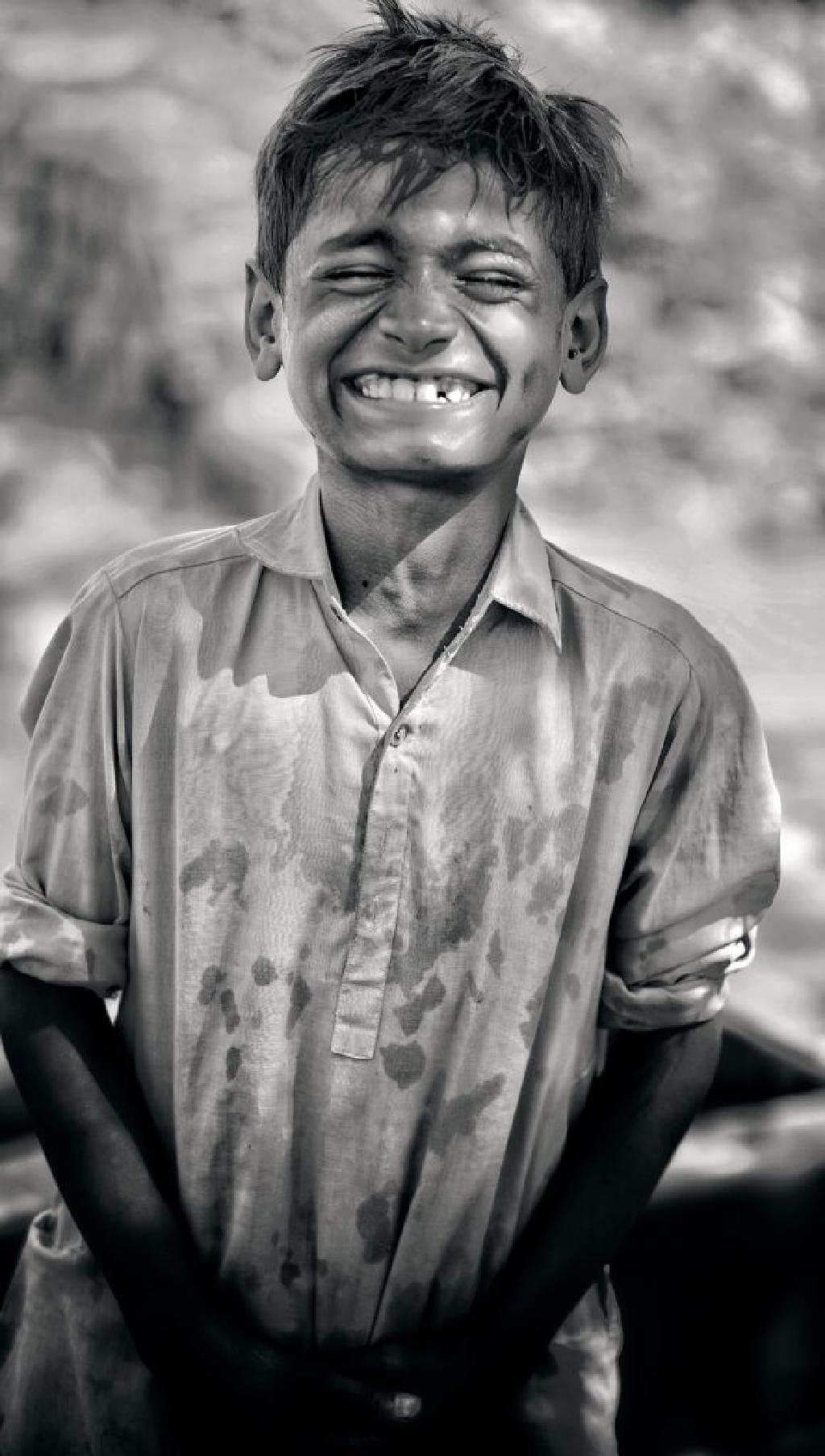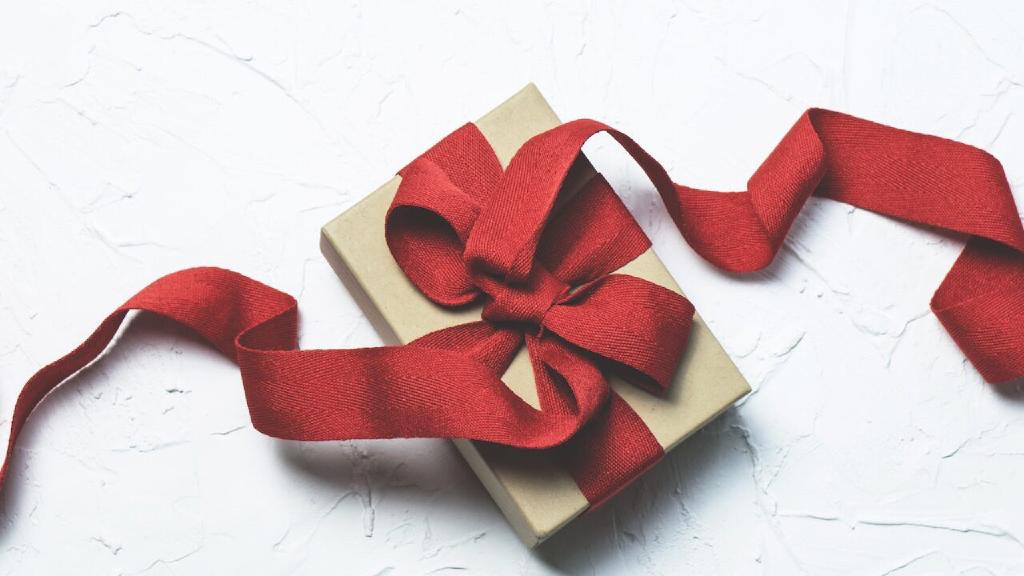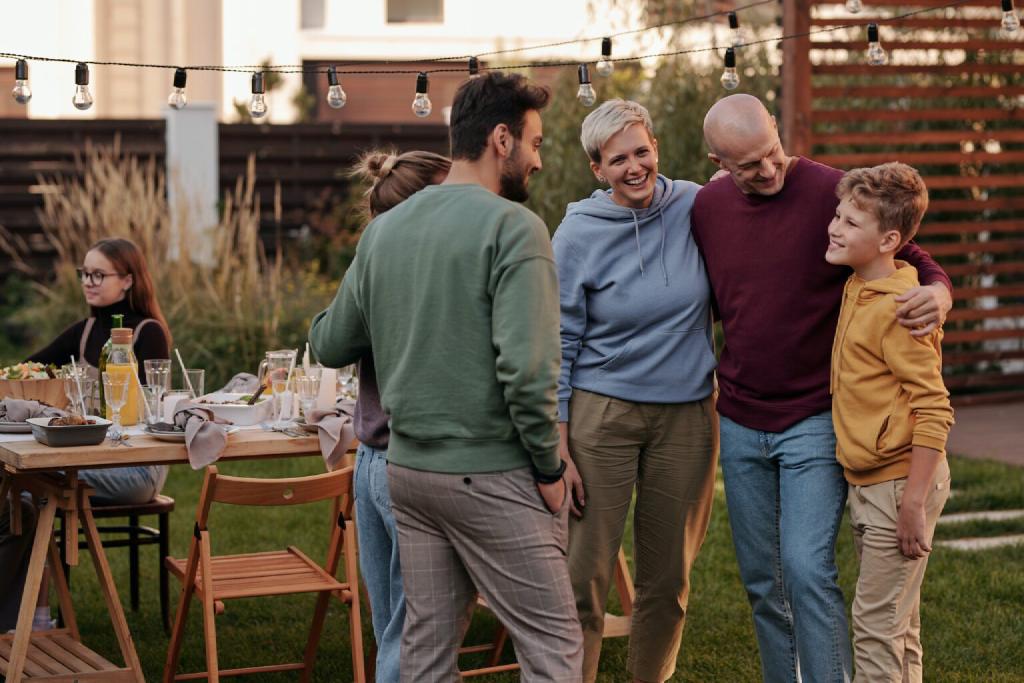A mother and her four-year-old daughter were strolling through an open-air market. As the little girl stared at a large pile of oranges, a generous vendor took one from the table and gave it to her.
“What do you say to the nice man?” the mother asked her daughter. The little girl looked at the orange, then thrust it toward the man and said, “Peel it!”
Perhaps there is a smile on your face right now - I know that it was the case for me. We find this short story amusing because children are very sincere and honest in their actions. We can easily excuse such a response from a four-year-old girl; but how would these same words sound coming from an older child or the mother?
Even though this answer is not offensive in itself, it still sounds rude and unwelcoming. The problem here is not so much in what is said, rather it is what is missing. There is no gratitude. This man’s gesture appears to go unappreciated.
Of course, none of us would respond in this way - after all, we have been raised to be polite; we know the “magic words” - “Thank you”, “You’re welcome” and “Sorry”.
Even so, could it be the case that we, too, just like this little girl, sometimes answer “Peel it!”; not in what we say, rather in the way we view life and who/what we have in it?
Maybe we don’t realise just how wealthy we are. I’m not talking about money.
According to research statistics:
- if you are alive today, you have something that around 183, 500 people no longer have. 1
- if you have food, you are better off than every ninth person in the world (821 million), who will go to bed without dinner tonight. 2
- if you have a roof over your head, you are richer than the nearly 150 million people who live on the streets, under bridges and other places. If your home is comfortable, peaceful and secure, then you are likely wealthier than 1.6 billion people. 3
It is good to remind ourselves of these statistics the next time someone asks us “How are you?” or when our car breaks down on the road or when we’re dissatisfied with something. Some people dream to live our worst days.
Moreover, no statistic can ever compare to the invaluable presence of our parents, loved ones or friends in our lives.

If you’ve got a billion dollars and you’re ungrateful, you’re a poor man. If you have very little but you’re grateful for what you have, you’re truly rich.
Yes, it’s true - we are rich. Question is - how often do we stop to contemplate this? Do we still value these treasures?
Unfortunately, we humans often and quickly forget what we have. It happens all too naturally - upon obtaining something, we quickly get used this being the case and begin to take it for granted. This is why the Bulgarian saying exists: “Every wonder is for three days”.
After the “three days” are up, the natural tendency is “Peel it!”; we want more, something new, something different. The danger is this, that whilst we chase after that which we do not possess but desire, we can all-too-easily lose track of that which we already have. We are left with no time for gratefulness, time to truly appreciate that which we enjoyed ‘just the other day’. We want more and yet even more.
Do not get me wrong - in and of itself, a moderate desire to have more is not wrong. In fact, it is key to our development in life. However, it has the opposite effect when it grows to the point where it suffocates our gratefulness. It develops into greed, which is never satisfied. We start to accept all that we receive as due to us:
...If one is entitled to everything, then one is thankful for nothing.
And if we do not get it, we feel unhappy and perhaps even injustice. As if others are obliged to give us more. However, this is not the case at all:

Every good gift and every perfect gift is from above, and comes down from the Father of lights, with whom there is no variation or shadow of turning.
Here, the Bible reveals to us the key to true happiness - “every good gift and every perfect gift is from above”. Even if we consider only our life and health, we will see that they are a gift. All of the money in the world is not enough to purchase them. We can only receive and be grateful for them.
If we are not healthy, we cannot work or make money. We cannot spend time with our loved ones and friends. In light of this, everything else in life is also a gift.
We can lead a truly happy life if we look at it this way. A life filled with gratefulness. We can appreciate our loved ones and friends even more, as well as the time spent together with them. We can enjoy and appreciate that which we have, instead of worrying about that which we do not have.
Just because every day and everything that we have is a gift…
Spend time to contemplate at the end of this year - what are you grateful for?


